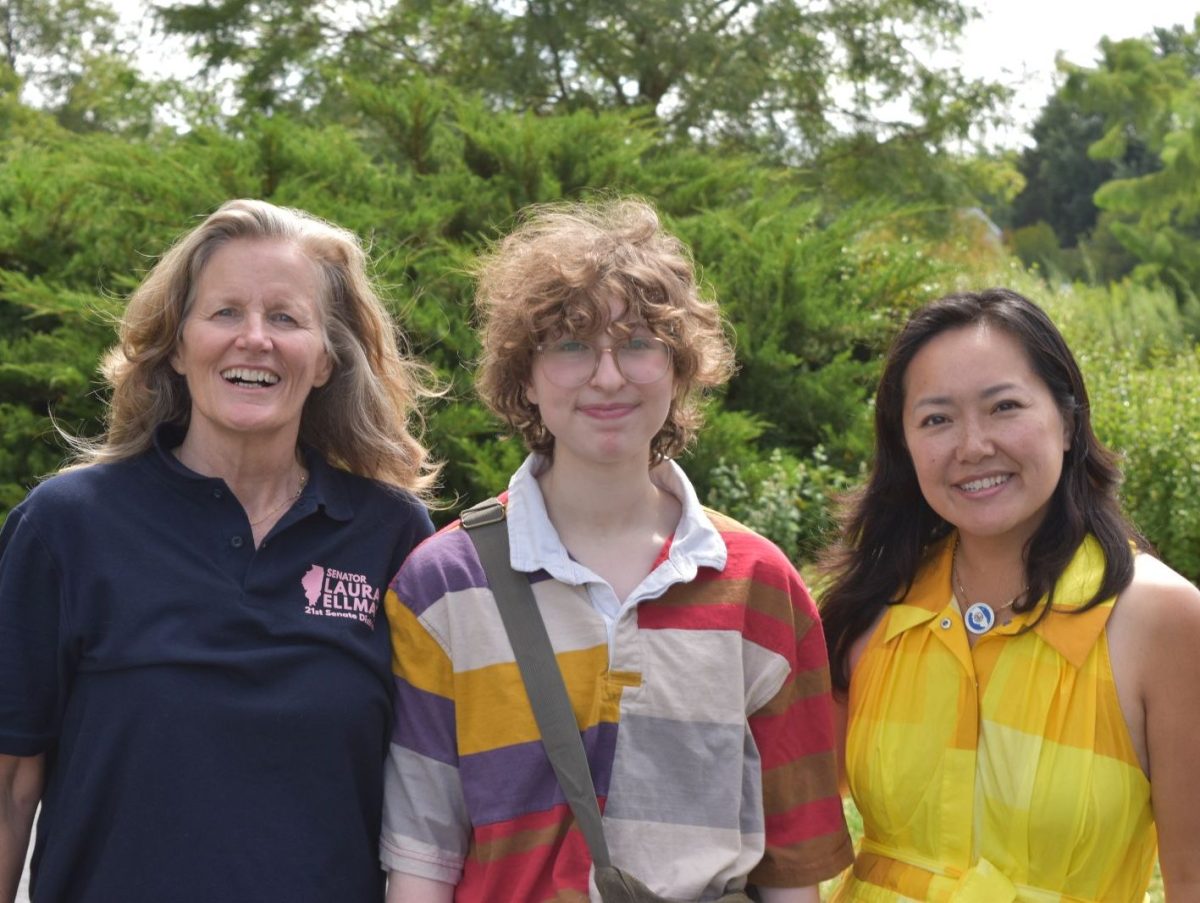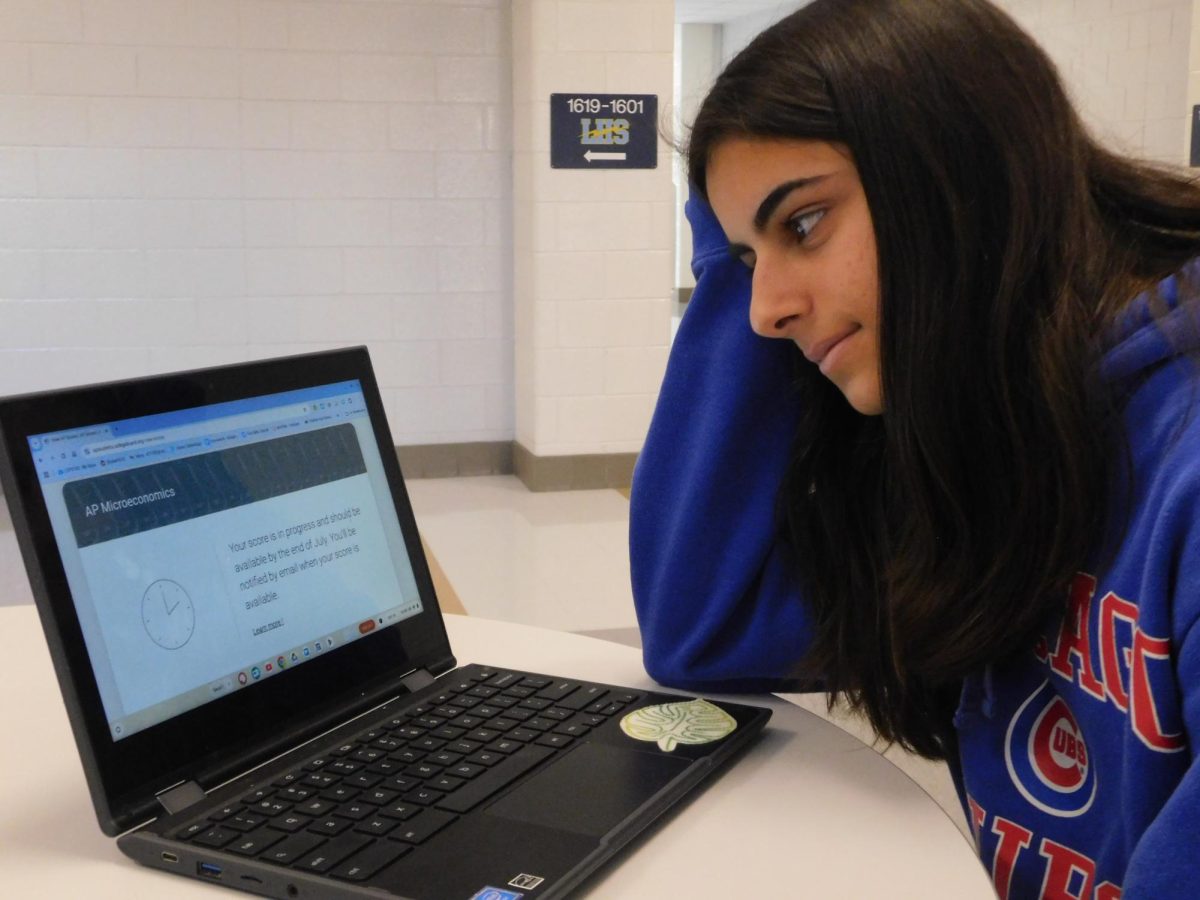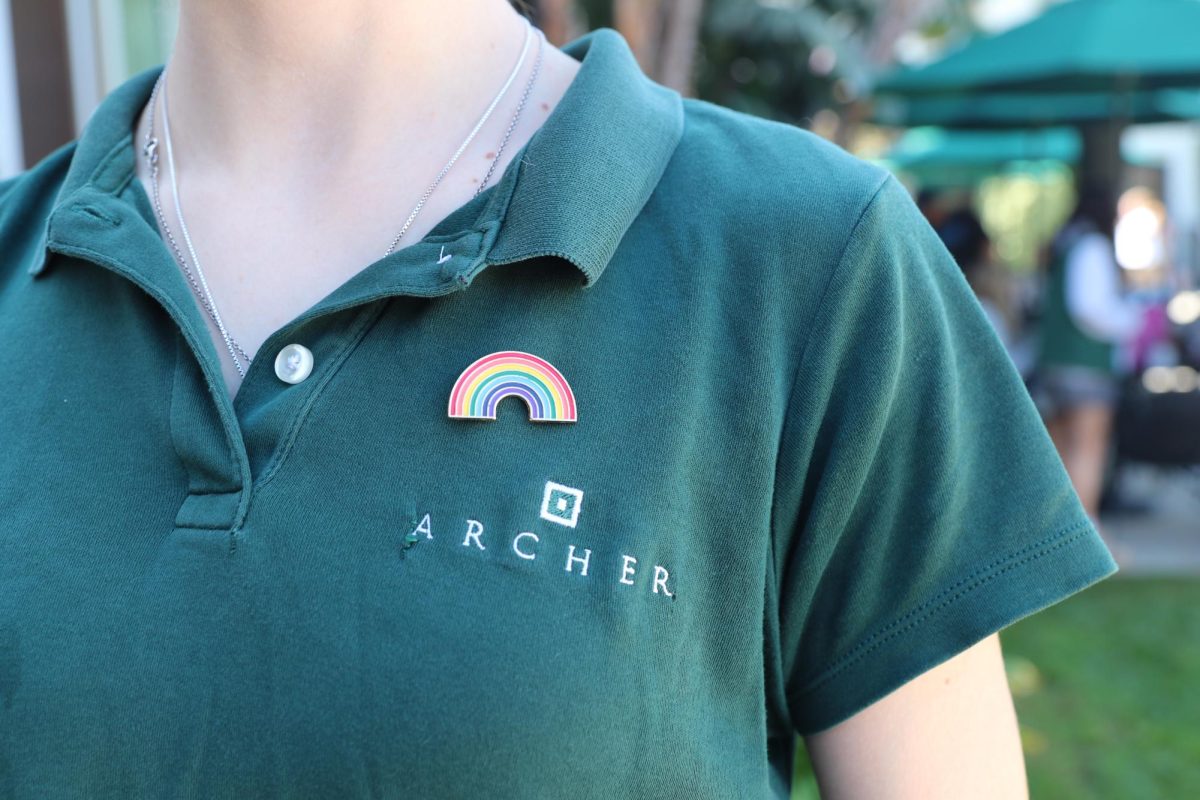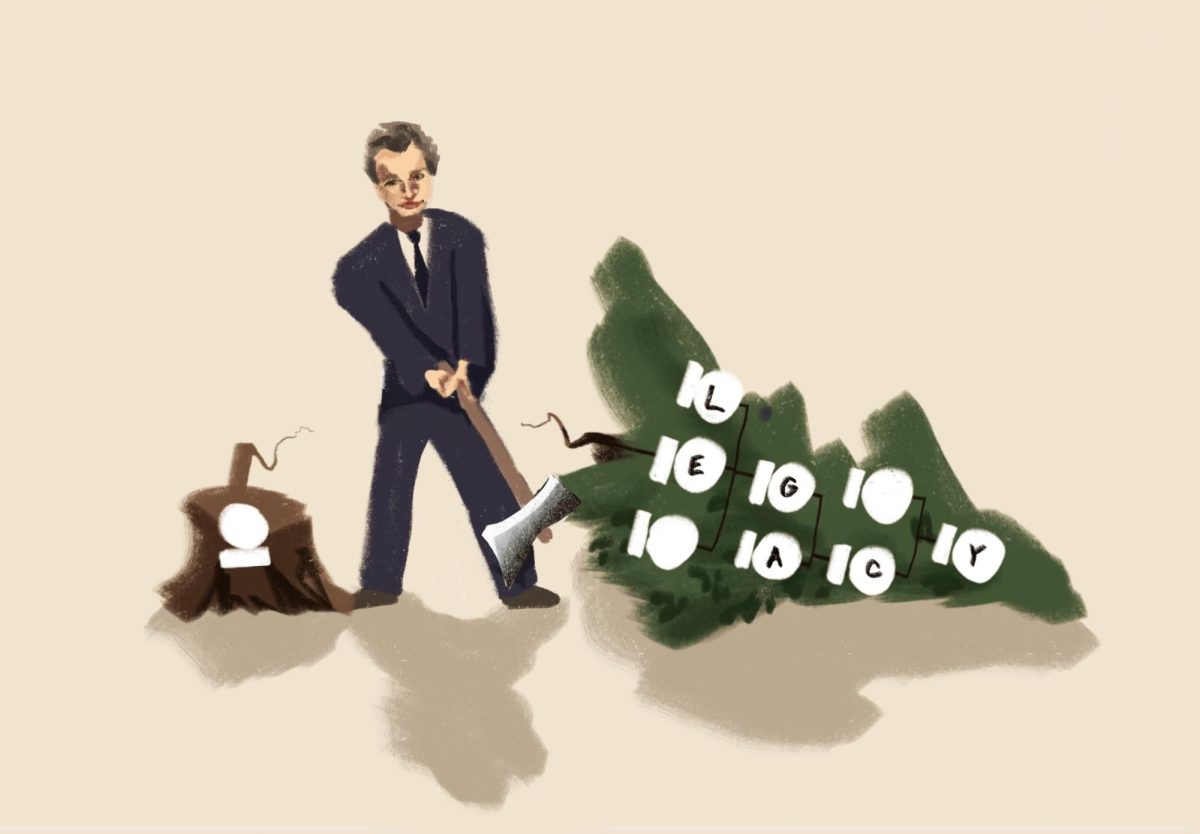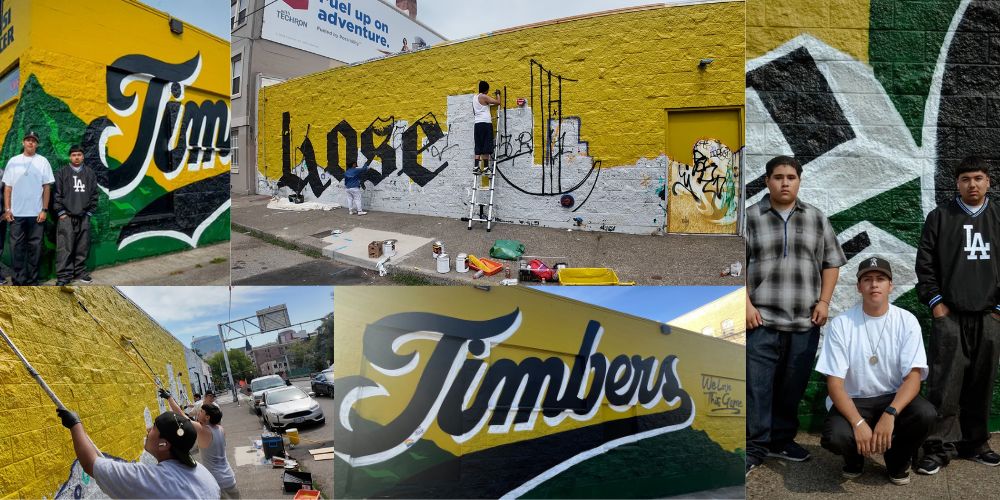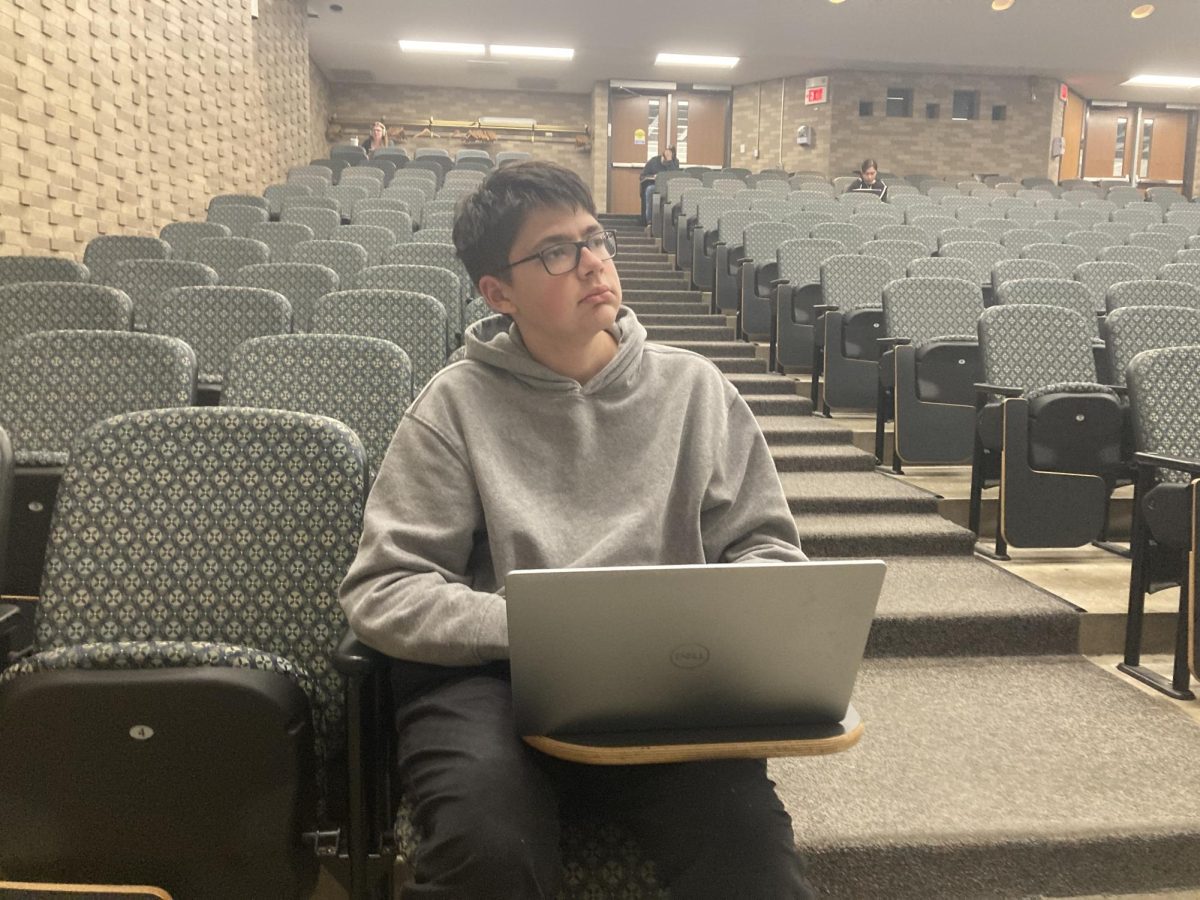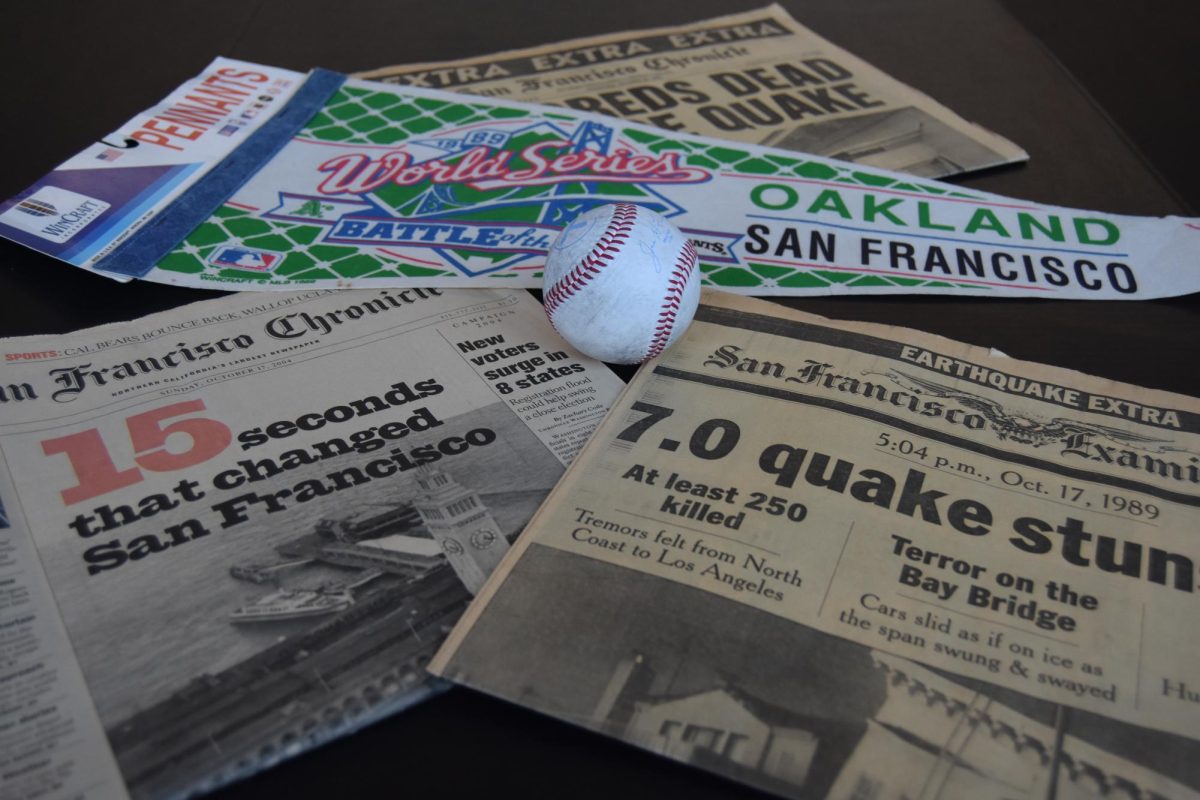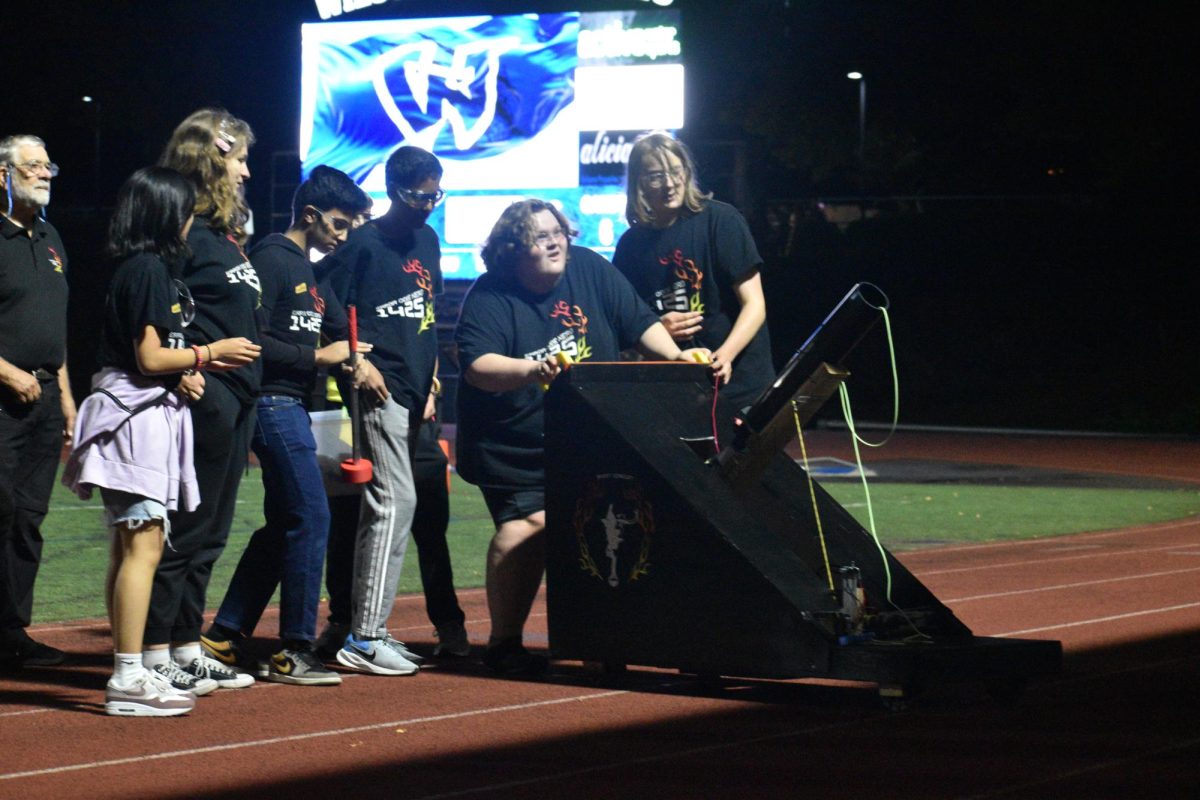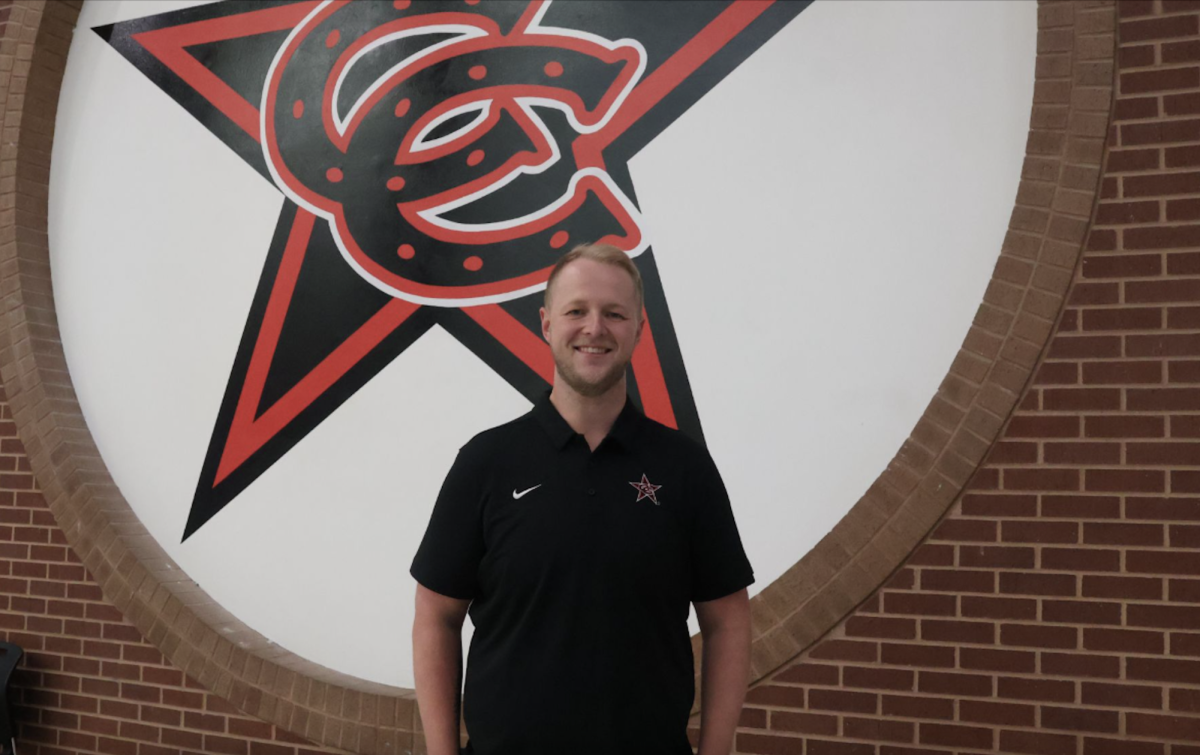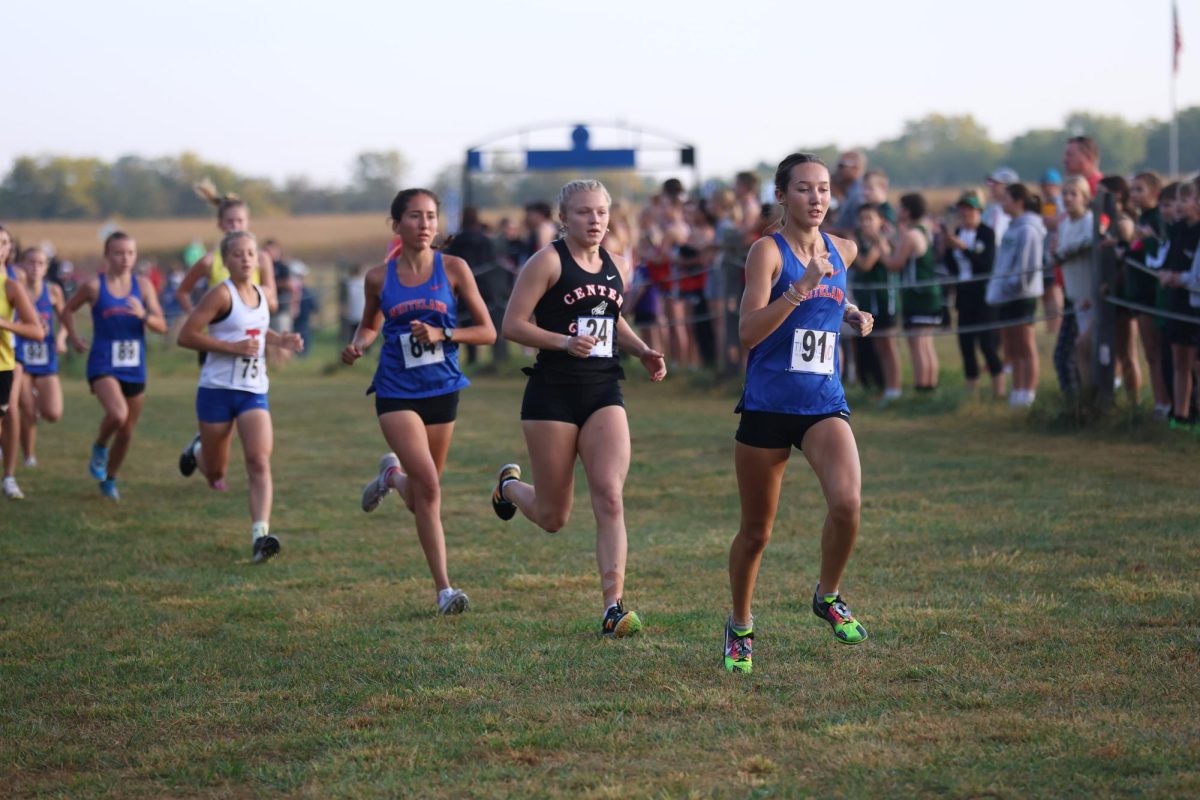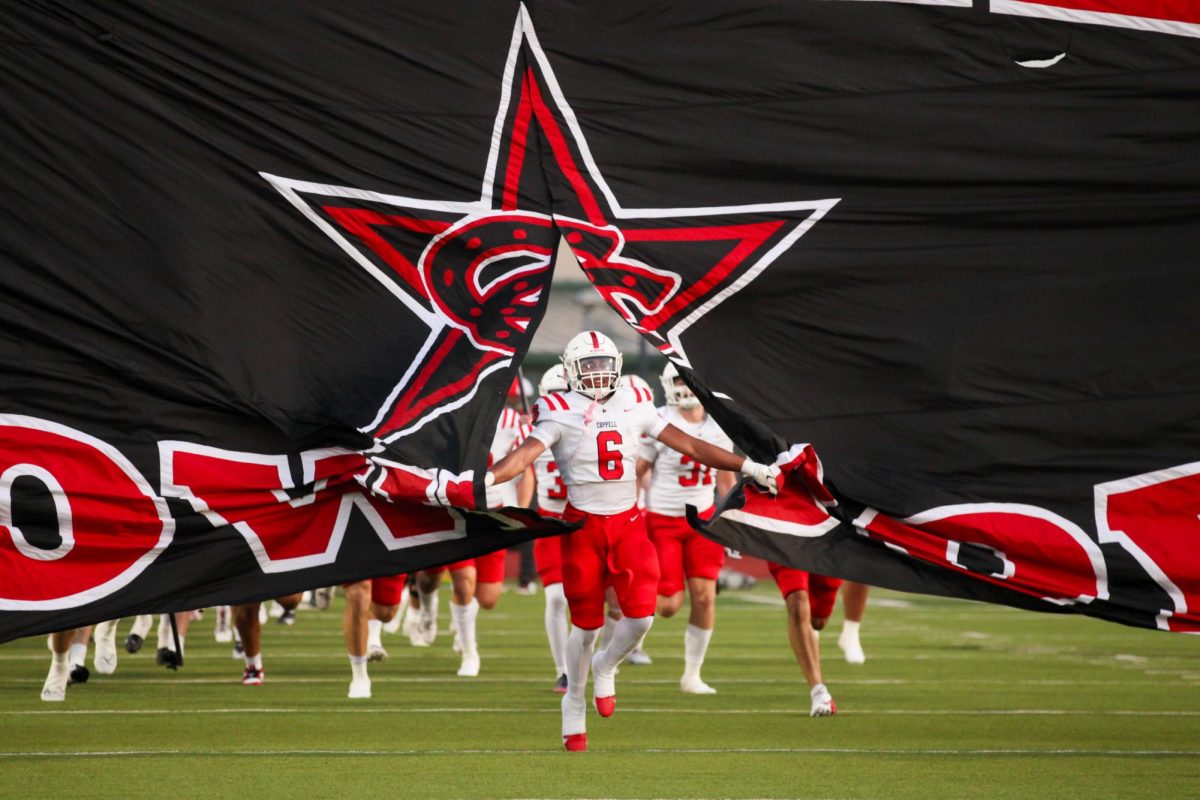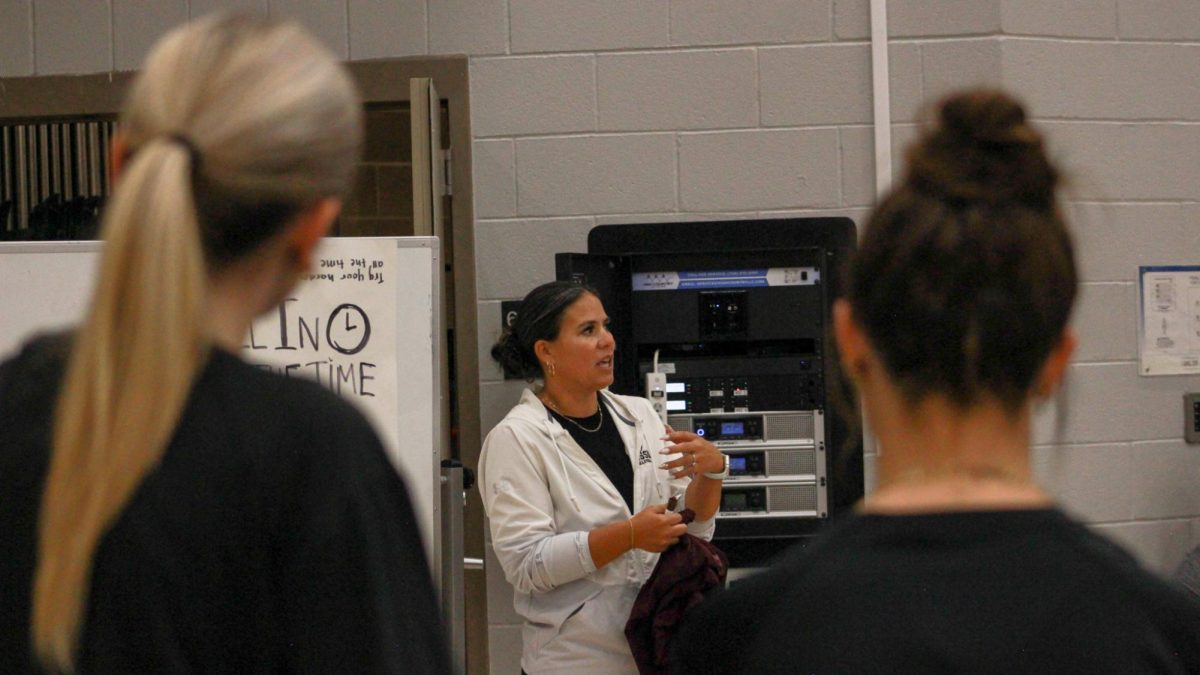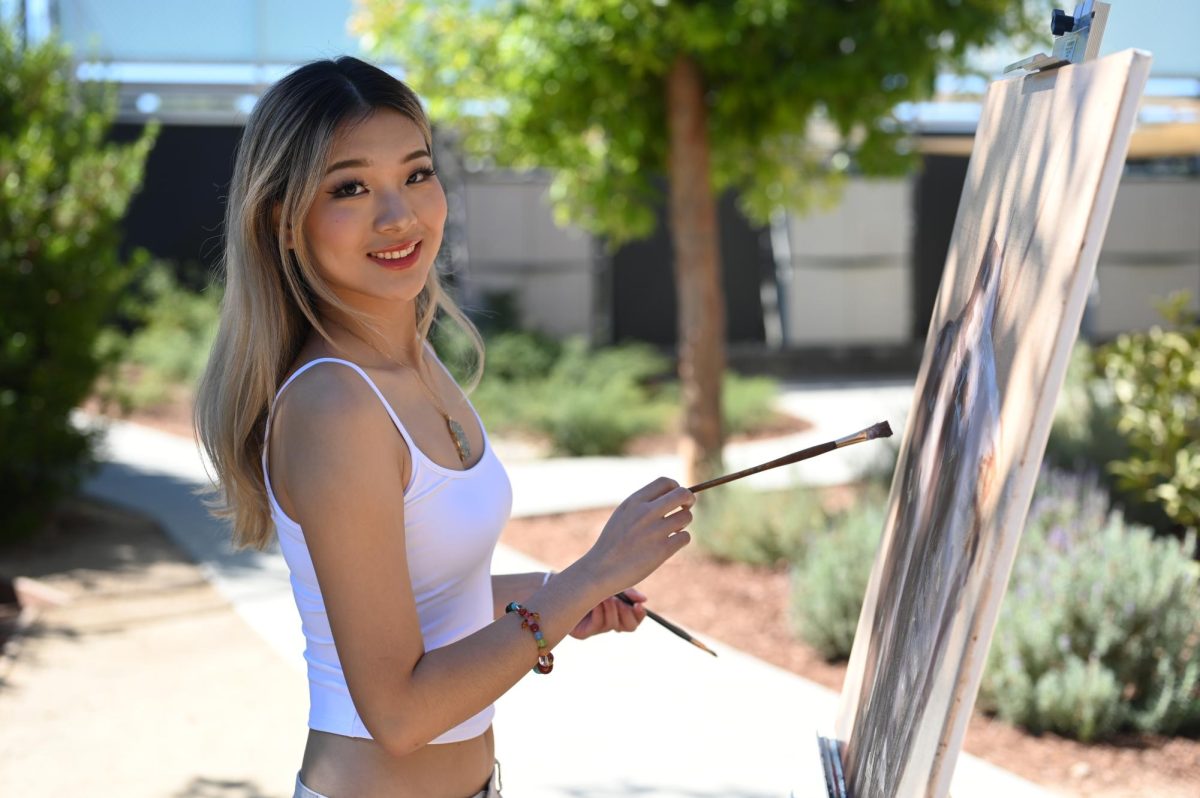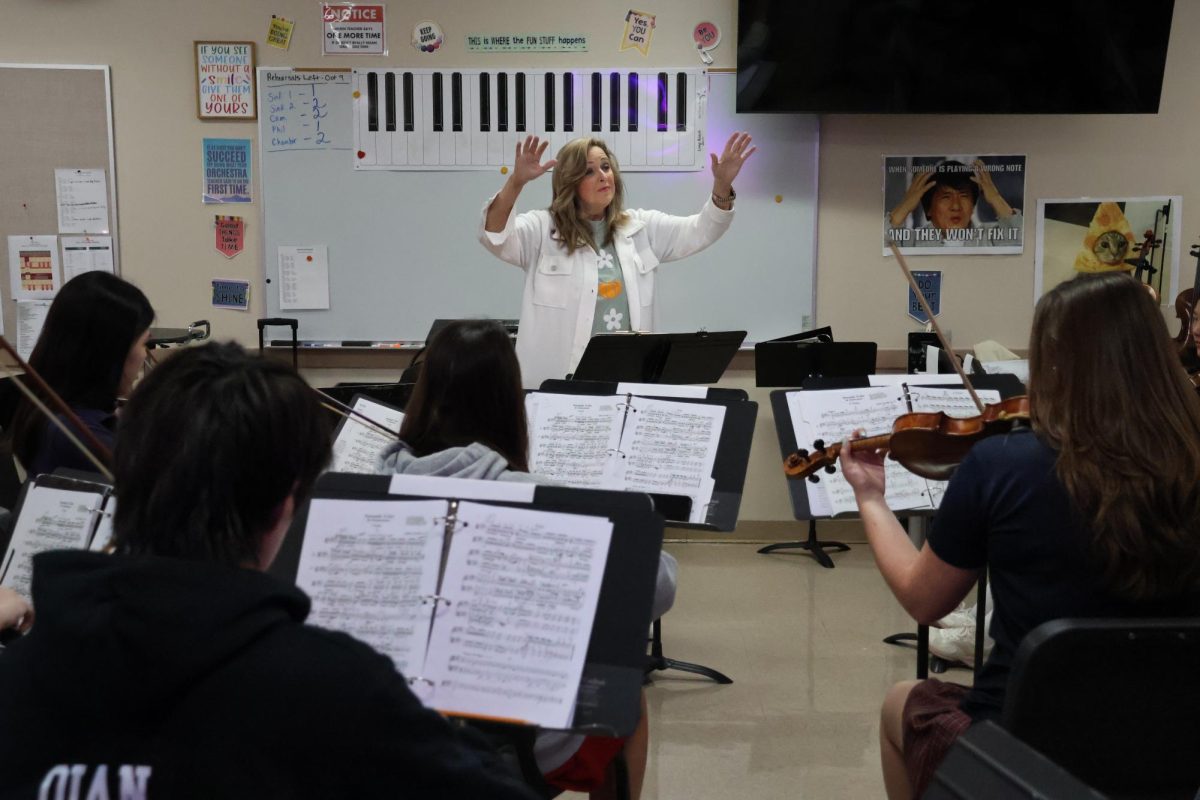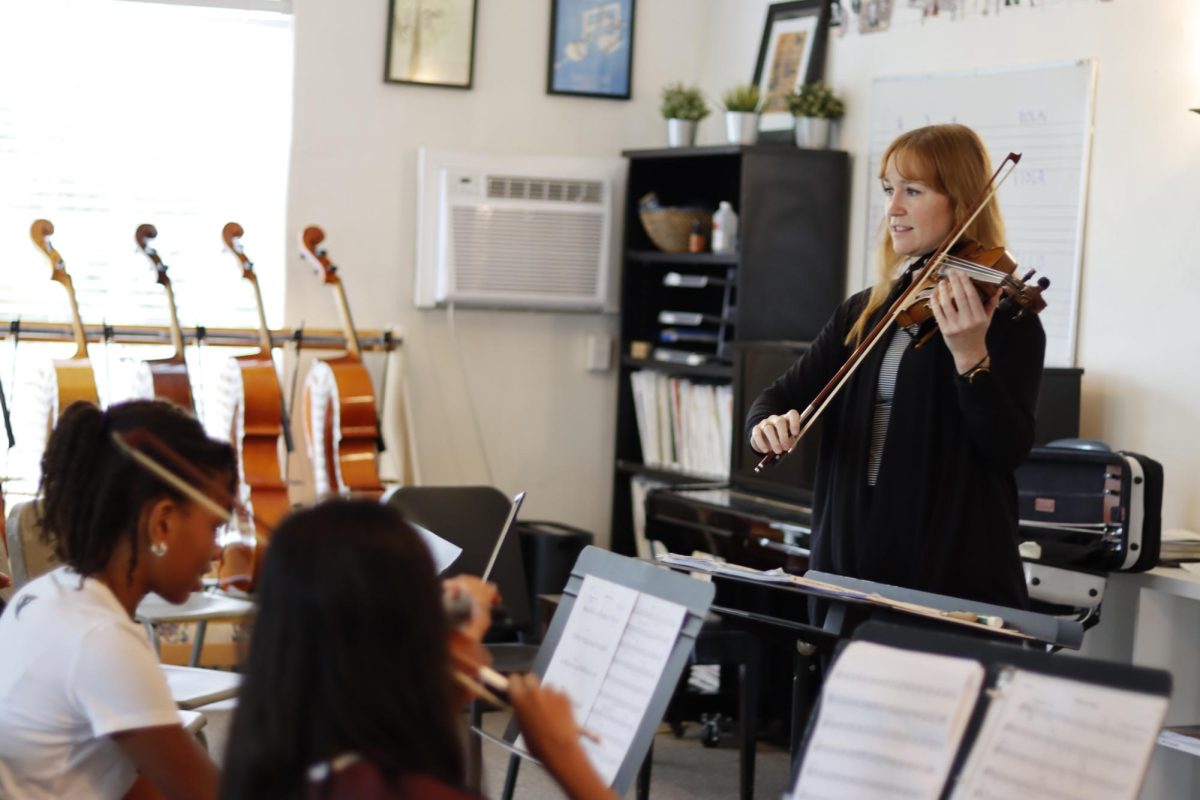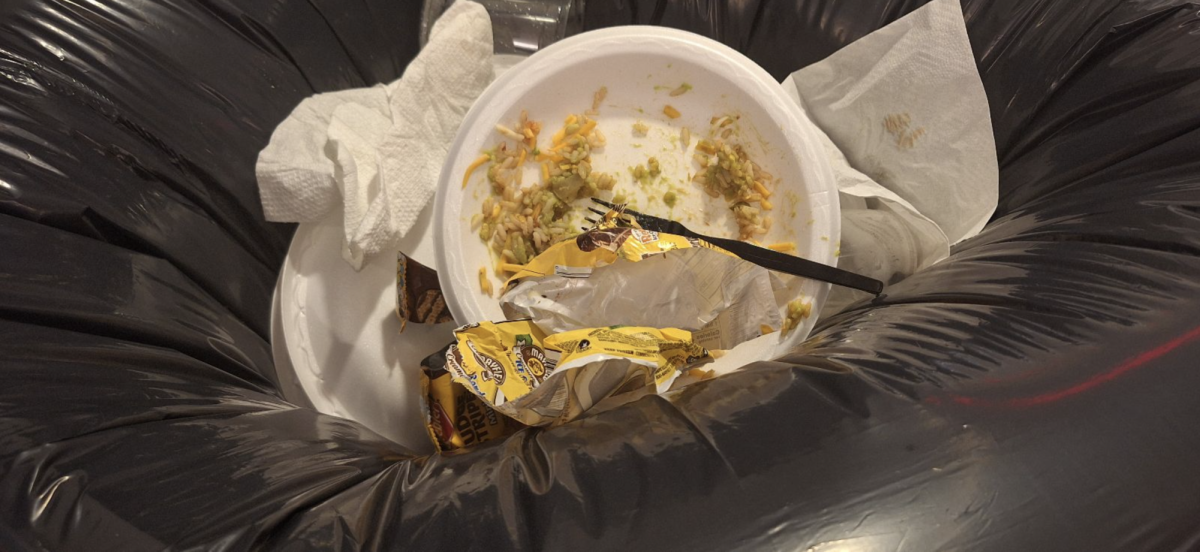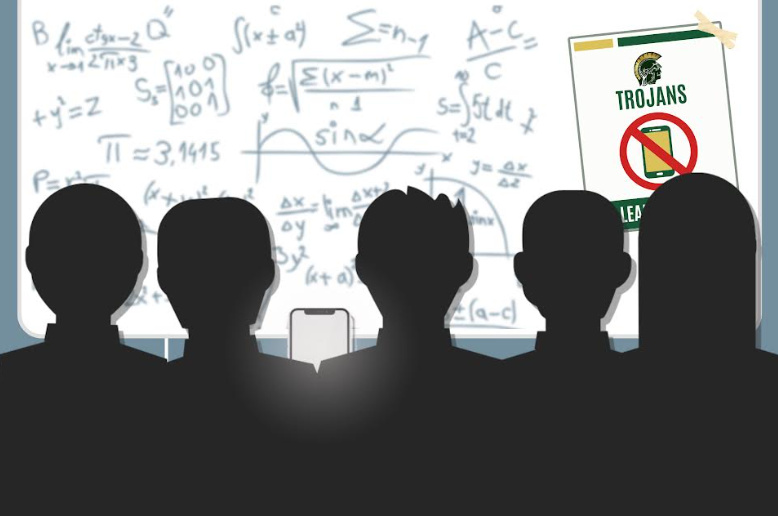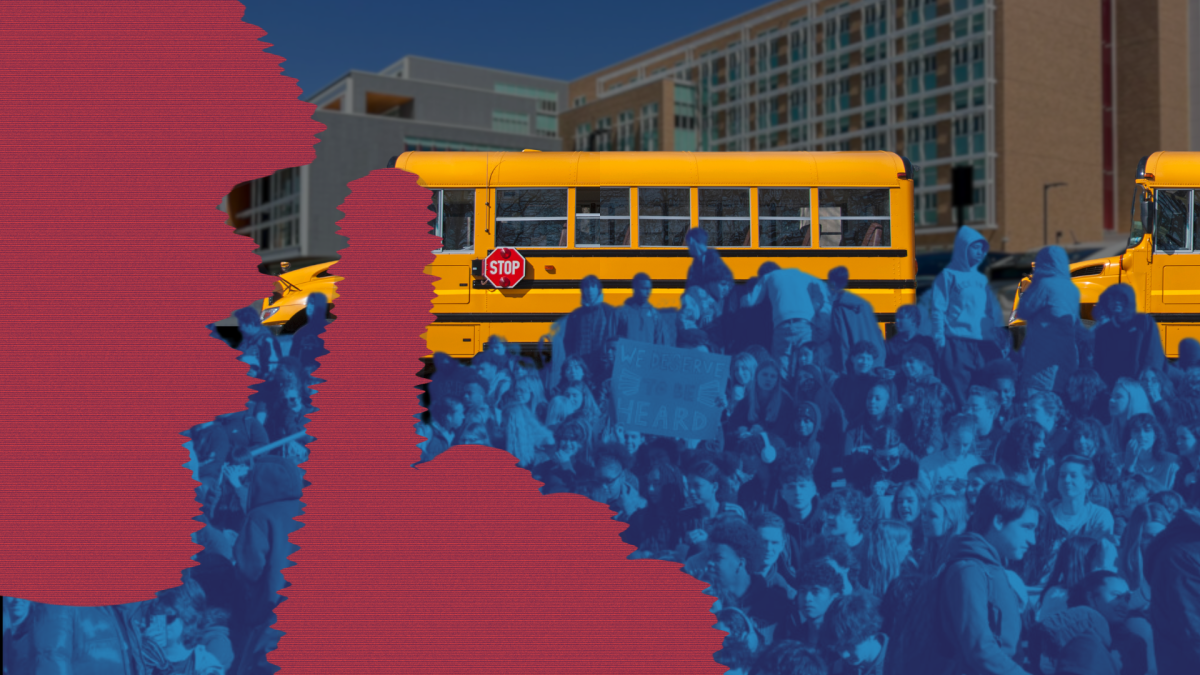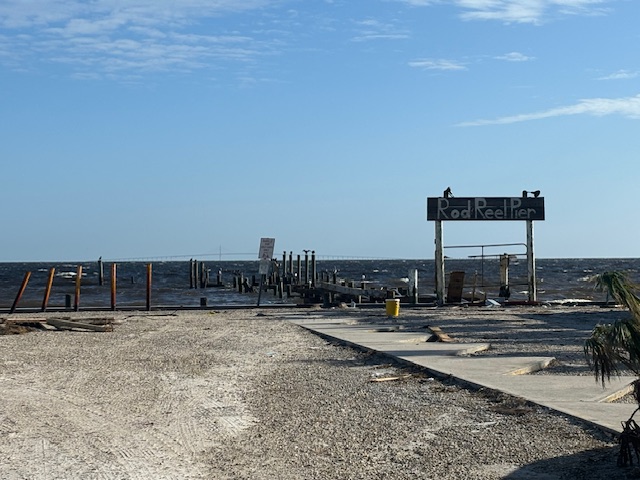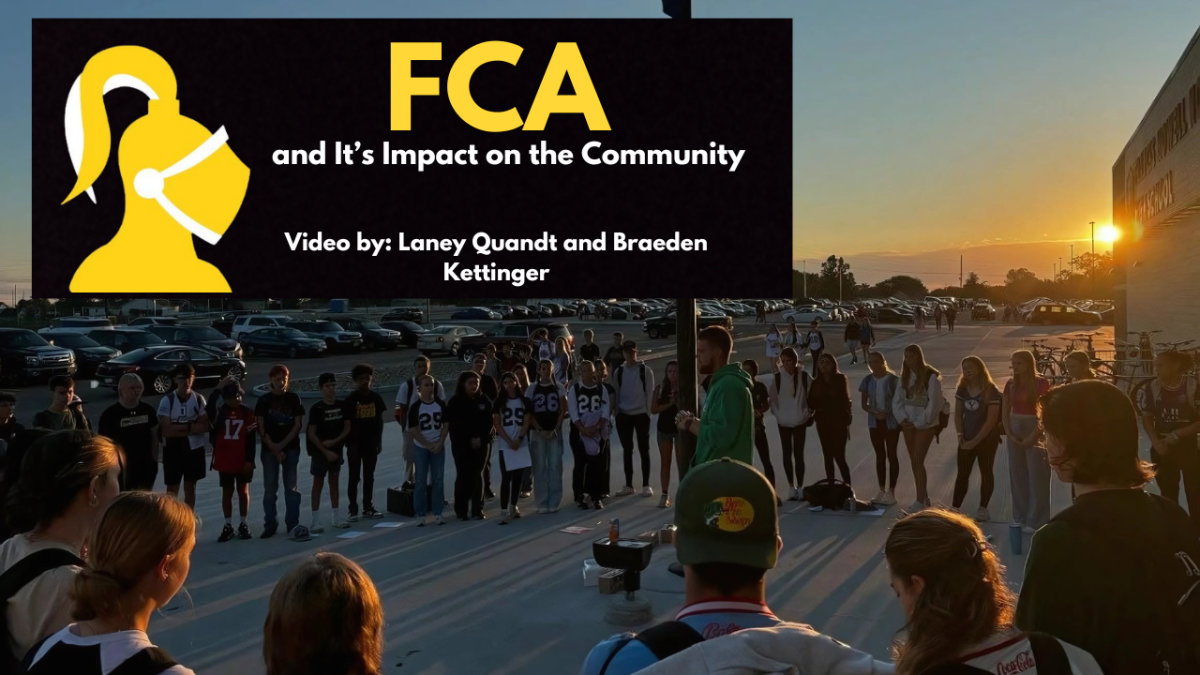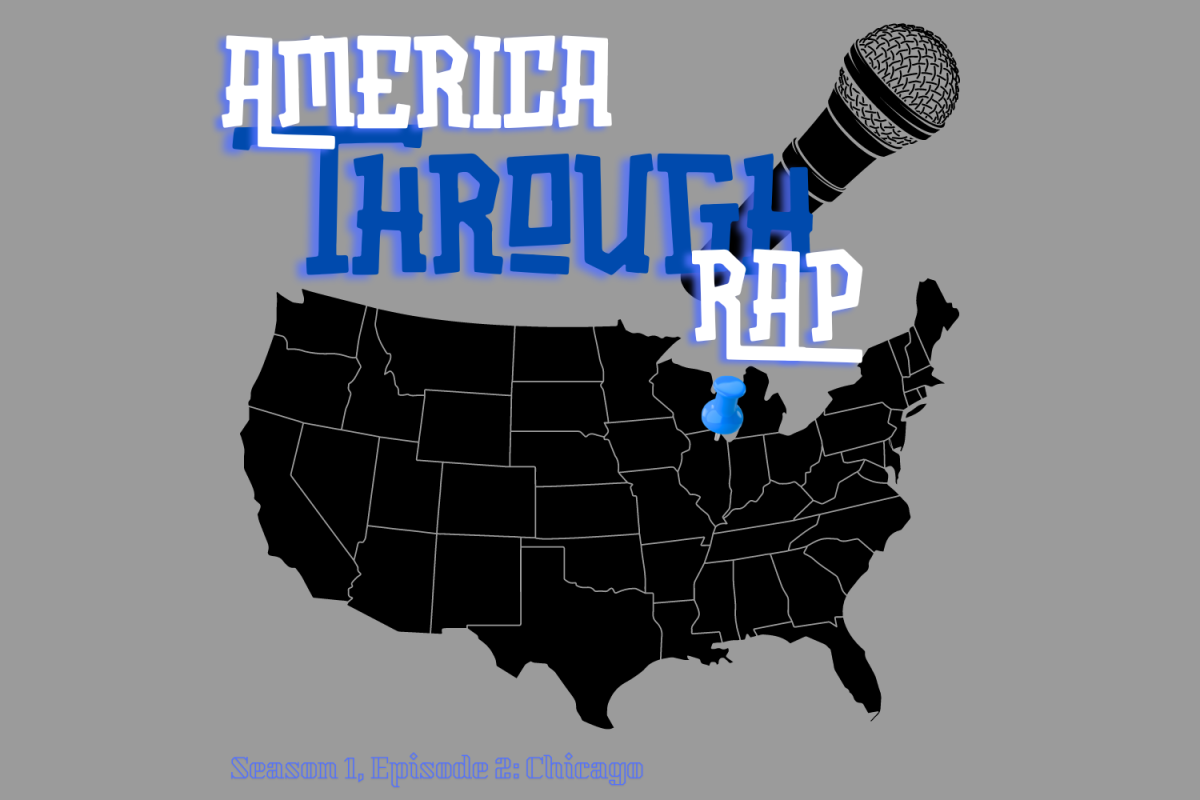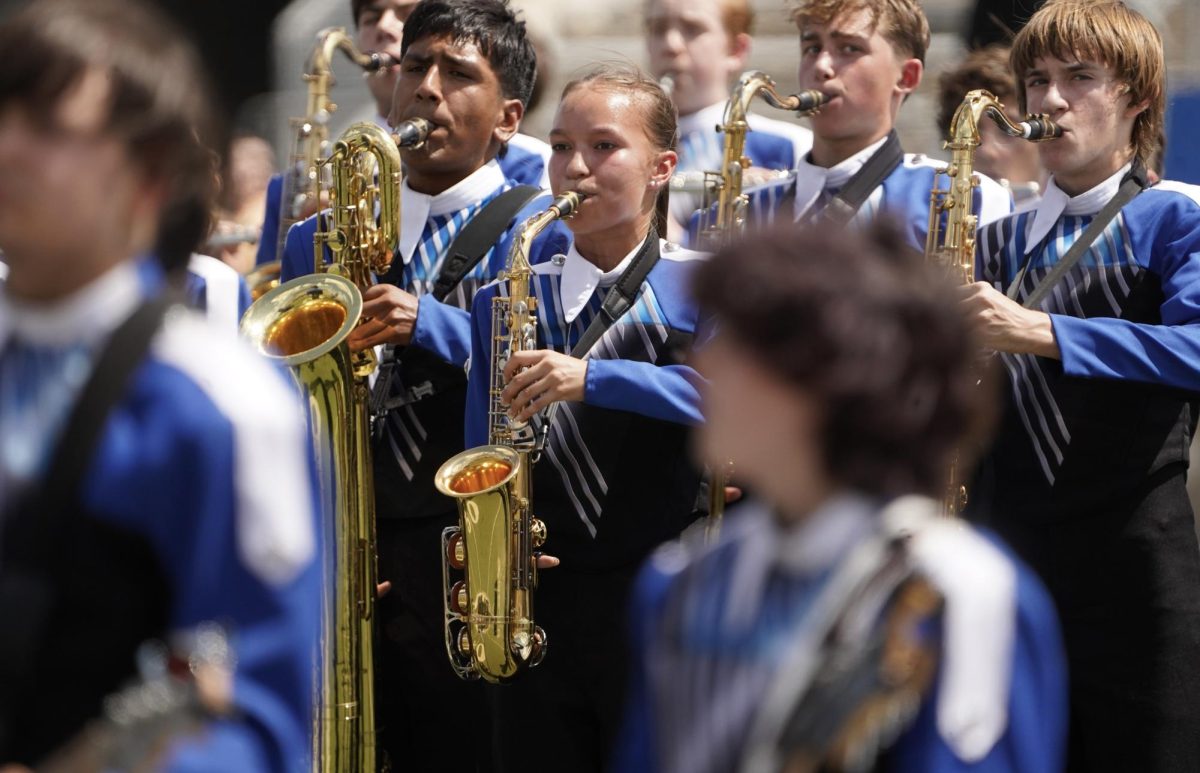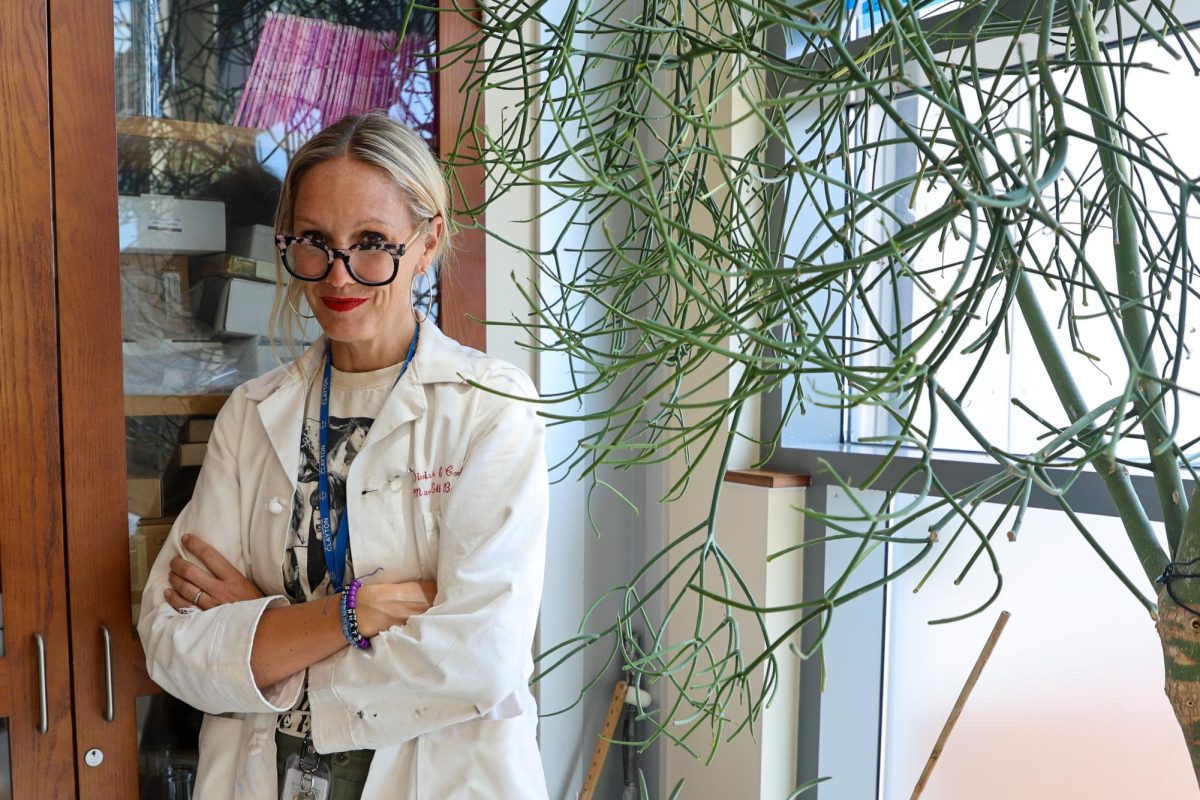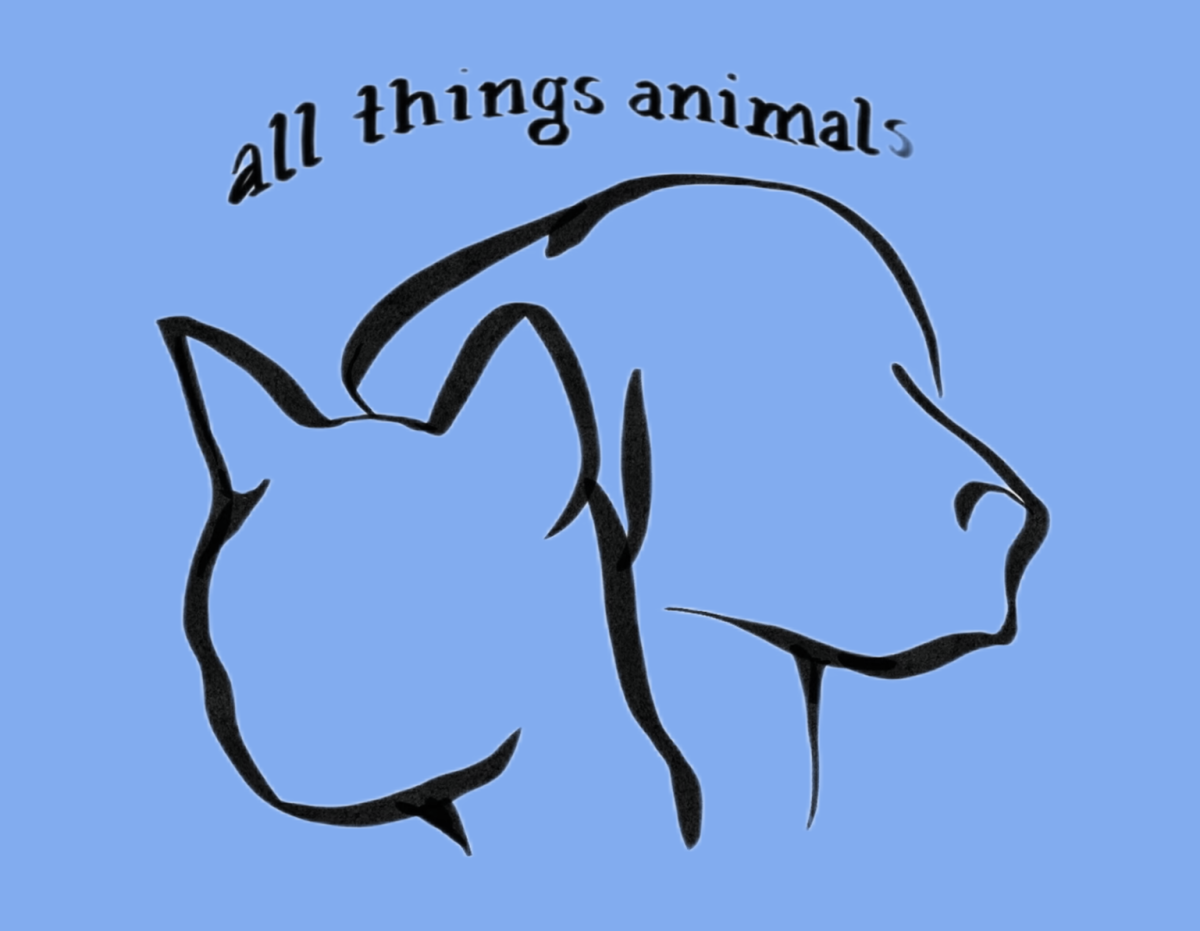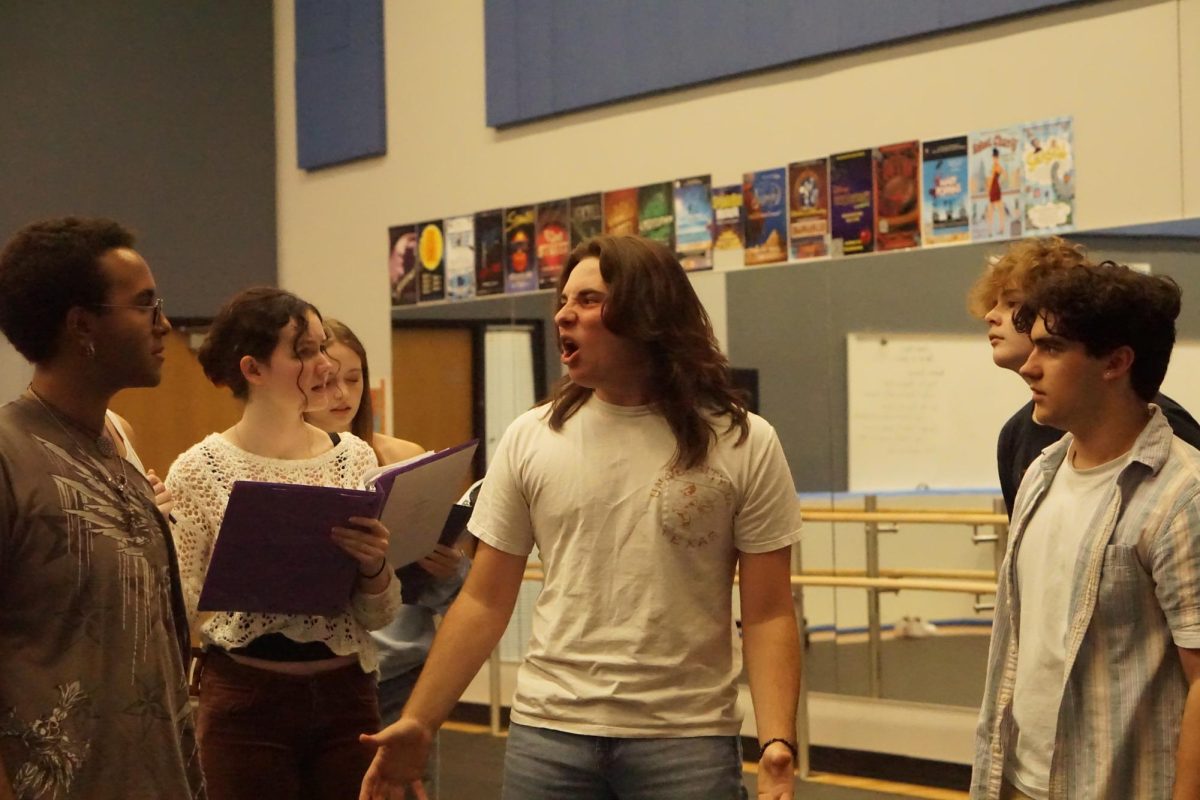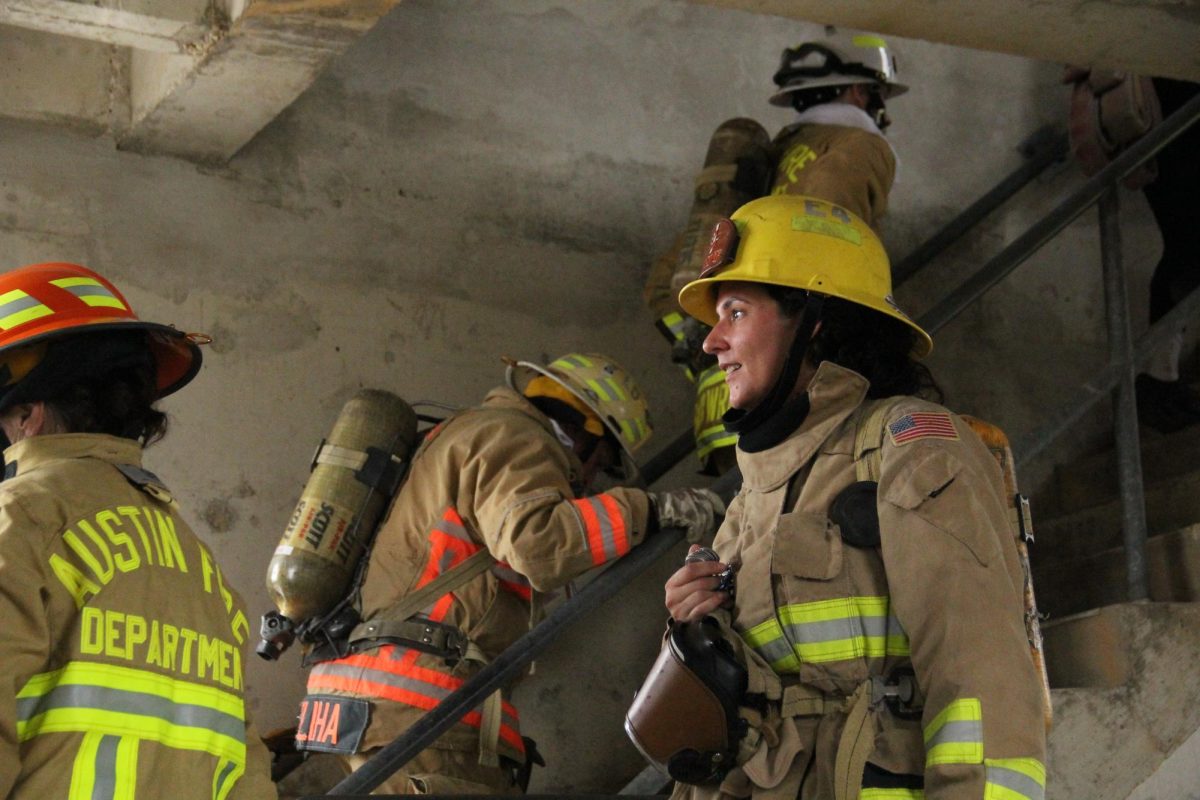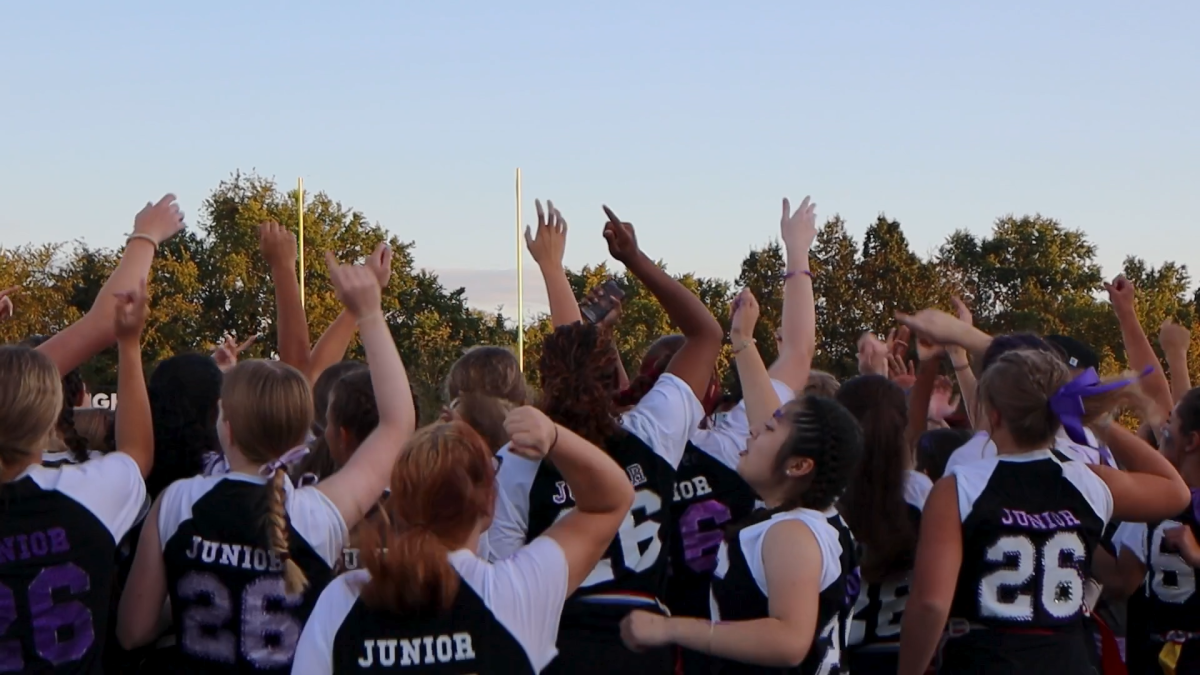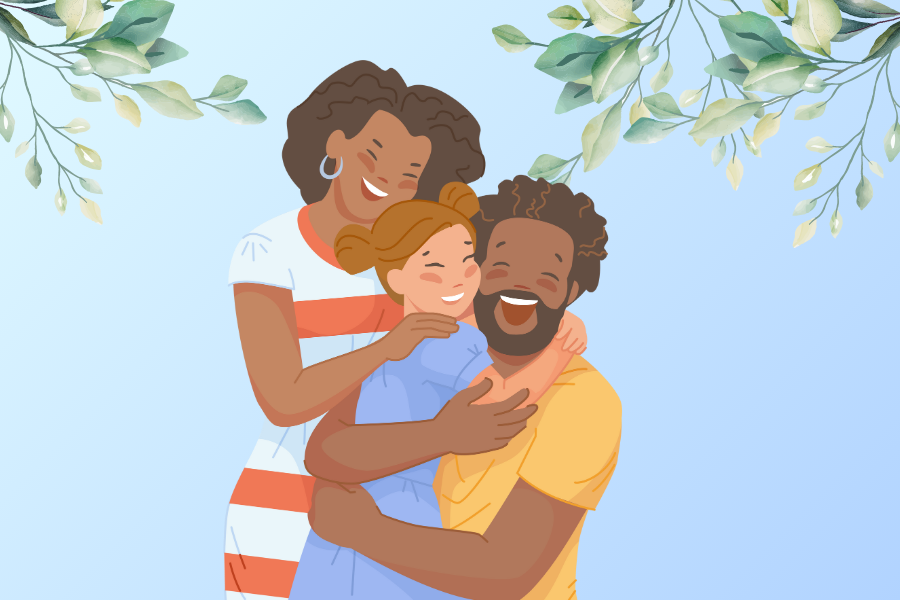In September 2010, Arabic Teacher Udai AbuLteaf sensed a catastrophe was about to unfold in his home country, Syria. A few years prior to the Syrian Civil War, AbuLteaf said he felt like he was “suffocating” with the country’s situation before him.
“You know when you have a lot of tests and homework at the same time and you feel that heavy burden on your chest?” AbuLteaf said. “Yeah, that’s what you feel. Like, you can physically feel suffocation.”
Nowadays, AbuLteaf works as an Arabic teacher in London — 4,000 kilometers away from his war-torn home. He said working at ASL with diligent students has been a positive experience.
“We have a very supportive community,” AbuLteaf said. “The adults and the students really have that motivation to work and to be absolutely at the top of their work.”
AbuLteaf grew up in a small town near Homs, Syria. However, his dad’s job caused him to move around every three to four years. The movement between these towns became his first interaction with different cultures.
“Moving between villages was really an amazing experience because it was the first cultural shock of my life,” AbuLteaf said. “It was not when I traveled internationally from Syria to the United States, it was moving from small, pastoral, kind of like rural communities to the city.”
Although it was difficult for him to maintain consistent friendships with his travels, AbuLteaf said moving helped him better understand the world and different societies.
“In a smaller town, everyone knows who you are,” AbuLteaf said. “The people want to feel more connected, so, like, that sense of unfamiliarity, especially when you are a child, becomes a bit alienat[ing].”
AbuLteaf graduated from Damascus University in 2007 and began working as a teacher for middle and high school Iraqi refugees who arrived in Syria due to the Iraq War immediately after. He said this job played an influential role in his life, as it became “a part of who [he was] as a person.”
“It was kind of, like, providing whatever we can for the students and to make sure that they’re comfortable,” AbuLteaf said. “We also helped integrate them into the educational system in Syria because their experience in education in Iraq is very different from Syria.”
While in the presence of refugee children with difficult backstories, AbuLteaf said he learned to adjust his conversations.
“You can’t say, ‘Hey, how’s your family? How are you?’” AbuLteaf said. “The child would say, like, ‘Well, my father died in the war,’ or, ‘I lost my father,’ or, ‘My father is in prison.’”
In September 2010, AbuLteaf left Syria for the U.S. prior to the onset of the Syrian Civil War. In the U.S., he worked as an Arabic teacher at the Boston Latin Academy and at numerous public schools located in Boston. During the time he was teaching, he also studied for his master’s degree in teaching Arabic as a foreign language.
Meanwhile, the Arab Spring, a period of violent protests and uprisings throughout the Middle East and North Africa that kickstarted the Syrian Civil War, had already left its mark on the country. During this time, AbuLteaf said many of his loved ones’ lives were affected.
“I had friends who died because of the war and some were in buildings that collapsed,” AbuLteaf said. “I was going through some research with my dad, and he showed me some photos of some cities that were exactly, like, wiped, like completely wiped.”
According to AbuLteaf, 6 million Syrians were displaced, including some of his own family members. AbuLteaf has three brothers and two sisters, and said he has helped some of them leave Syria.
“Two years ago, we managed to get [my sister] to Malaysia to study for her master’s,” AbuLteaf said. “I have two brothers. I took them out of Syria in 2013 and now they are in the United States. One of them is seeking asylum. We are still waiting for the asylum decision. The other one is married now and managed to get a green card.”
Ultimately, AbuLteaf said his main goal was to find the best job that he could in order to help himself and people around him.
“You are offered the choices in your life and you choose the best option from what’s available,” AbuLteaf said. “You need to make sure that you are contributing to your community, your immediate family and sometimes extended family. I want to find something to help people and at the sametime something I feel good about, something that is for me, something that is my peace.”
This story was originally published on The Standard on May 30, 2024.

